 /wp-content/uploads/2021/10/fall_solar_sale-495x330-1.png
330
495
Chris Allis
/wp-content/uploads/2021/06/ecomark-solar-logo-with-panel.png
Chris Allis2021-10-27 13:26:042021-11-22 13:33:46Eight Reasons Fall is the Best Time to Order Solar
/wp-content/uploads/2021/10/fall_solar_sale-495x330-1.png
330
495
Chris Allis
/wp-content/uploads/2021/06/ecomark-solar-logo-with-panel.png
Chris Allis2021-10-27 13:26:042021-11-22 13:33:46Eight Reasons Fall is the Best Time to Order SolarCan you install your own solar panels? Possibly, but there are some key points and challenges you should be aware of before you get started.
Whether you’re interested in alternative energy forms or wanting to move to a more independent lifestyle, you may have considered solar panels. While it’s true that using solar panels can significantly cut your energy costs, taking advantage of solar energy isn’t quite as simple as it seems.
High Level of Technical Difficulty
Installing solar panels is extremely technical work and is much more complicated than it may initially seem. Improper installation can lead to a host of problems, from electrocution risks and broken panels to a system that just plain doesn’t work. Installing solar panels requires mounting the modules to the roof — including getting them up there in the first place — and wiring the entire system. Even if you have a decent knowledge of electrical work, you can quickly find yourself in over your head.
However, it’s easy to be focused on preparing for the physical installation process and forget about all of the work and expertise that goes into the planning stages. For a solar power system to be effective and efficient, it’s important to take into consideration how much power you need it to provide, what kind of backup systems you will have and most importantly, where the sun is. The tilt and orientation of the system is critical in ensuring that it is able to harness enough available sunlight to meet your expected energy needs. If either of these two aspects is not done correctly, the system will not perform to its potential even if you have abundant sunshine.
You will also need to get the appropriate permits and make sure that you are following the local regulations. You usually need to have a working mock-up of the completed solar power system to submit to the appropriate people when applying for a permit. If there are any issues with the design plan, revisions may be in order to get the plan approved and the permit issued.
Possible Health Risks
It’s also important to be aware of the inherent safety risks of installing your own solar panels. Solar panels are heavy and difficult to maneuver, and if you are installing the panels on a roof, that adds another element of risk. You’ll need to make sure you have enough people helping you and the right equipment to get them safely onto the roof and to make sure they stay there during the installation process. Any time you are doing work on a high surface, using the proper safety gear — such as guardrails, fall restraint systems and personal fall arrest systems — is critical. A fall from even a single-story roof can be fatal, and at best, it will usually involve several broken bones and a long, painful recovery.
While the risk of serious injury from falling off of the roof is real, the more significant danger here is the possibility of something going wrong when you are working with the wiring and electricity. Installing solar panels includes making sure all of the wiring in each panel is cut and connected correctly, connecting the string of panels, and connecting the whole setup to the grid. While you may be able to do the first two steps on your own, it may be best to leave this to a professional unless you have a background in electrical work and are very confident in your skills. Legally, a certified installer must be the one to connect the panels to the actual grid.
Possible Financial Risks
As solar panels become a more common residential energy source, the price continues to come down considerably from when they were first available. However, they are still a significant financial investment, with average costs running around $5 to $8 for every watt of capacity. Full-size systems can cost between $15,000 and $24,000 — that’s including the cost of installation. When you take on a DIY solar panel installation, you also assume the financial risk if you happen to damage one of the panels during the process.
Even if all goes well and you don’t have any issues during installation, setting up your solar panels on your own can mean you don’t qualify for some solar panel financial incentives. The U.S. Department of Energy offers several incentives to those who are willing to invest in alternative energy solutions such as solar power. However, to qualify for these programs, you usually need to have the solar panels installed by someone with a license, which can be obtained through the North American Board of Certified Energy Practitioners. You may still have to pay the up-front cost, as many of the incentives are rebates or tax-related, but the savings is usually significant — anywhere from 30 to 50 percent for most people.
While DIY installation may seem like a good idea at first, the financial and safety risks associated with installing your own solar panels probably aren’t worth it. Instead, consider working with a professional solar panel installation firm.
Ready to learn more about solar panel installation and get started on your project? Our first-time buyer’s guide to solar systems gives you the information you need to make your dream of harnessing solar power a reality. Then, come explore some of our commonly asked solar energy questions for in-depth answers to all of your solar-related questions.
 /wp-content/uploads/2021/10/fall_solar_sale-495x330-1.png
330
495
Chris Allis
/wp-content/uploads/2021/06/ecomark-solar-logo-with-panel.png
Chris Allis2021-10-27 13:26:042021-11-22 13:33:46Eight Reasons Fall is the Best Time to Order Solar
/wp-content/uploads/2021/10/fall_solar_sale-495x330-1.png
330
495
Chris Allis
/wp-content/uploads/2021/06/ecomark-solar-logo-with-panel.png
Chris Allis2021-10-27 13:26:042021-11-22 13:33:46Eight Reasons Fall is the Best Time to Order Solar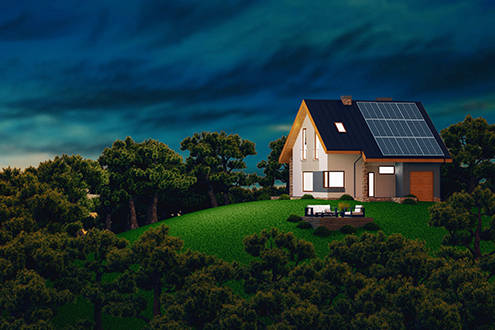
How to Get 10x Value from Your Solar Panel System with Storage
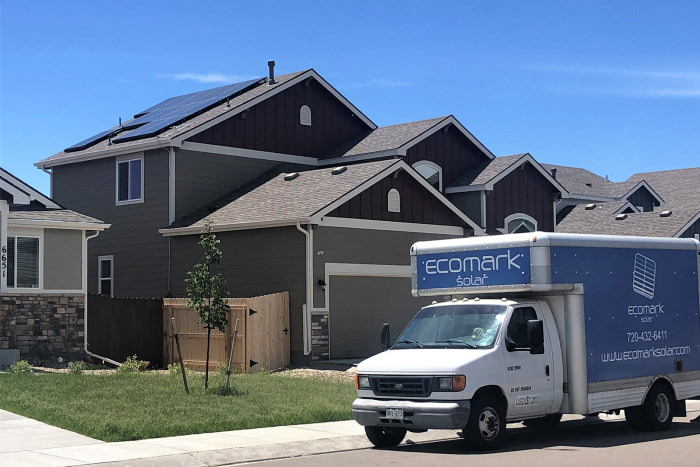
Make Power Outages a Thing of the Past For The Future of Your Home
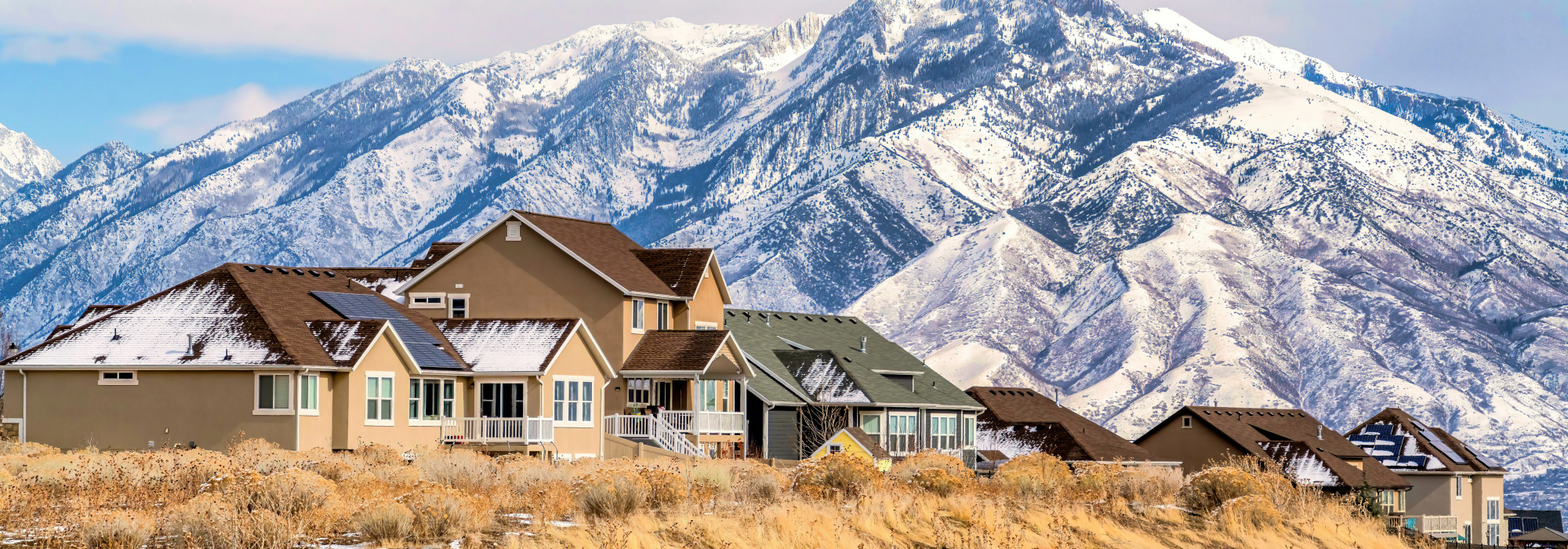 /wp-content/uploads/2021/06/colorado-solar-panels-in-the-rockies.jpg
700
2000
Max Cowles
/wp-content/uploads/2021/06/ecomark-solar-logo-with-panel.png
Max Cowles2021-07-16 17:15:352021-07-20 12:33:024 Things They Don’t Want You to Know About Solar Energy
/wp-content/uploads/2021/06/colorado-solar-panels-in-the-rockies.jpg
700
2000
Max Cowles
/wp-content/uploads/2021/06/ecomark-solar-logo-with-panel.png
Max Cowles2021-07-16 17:15:352021-07-20 12:33:024 Things They Don’t Want You to Know About Solar Energy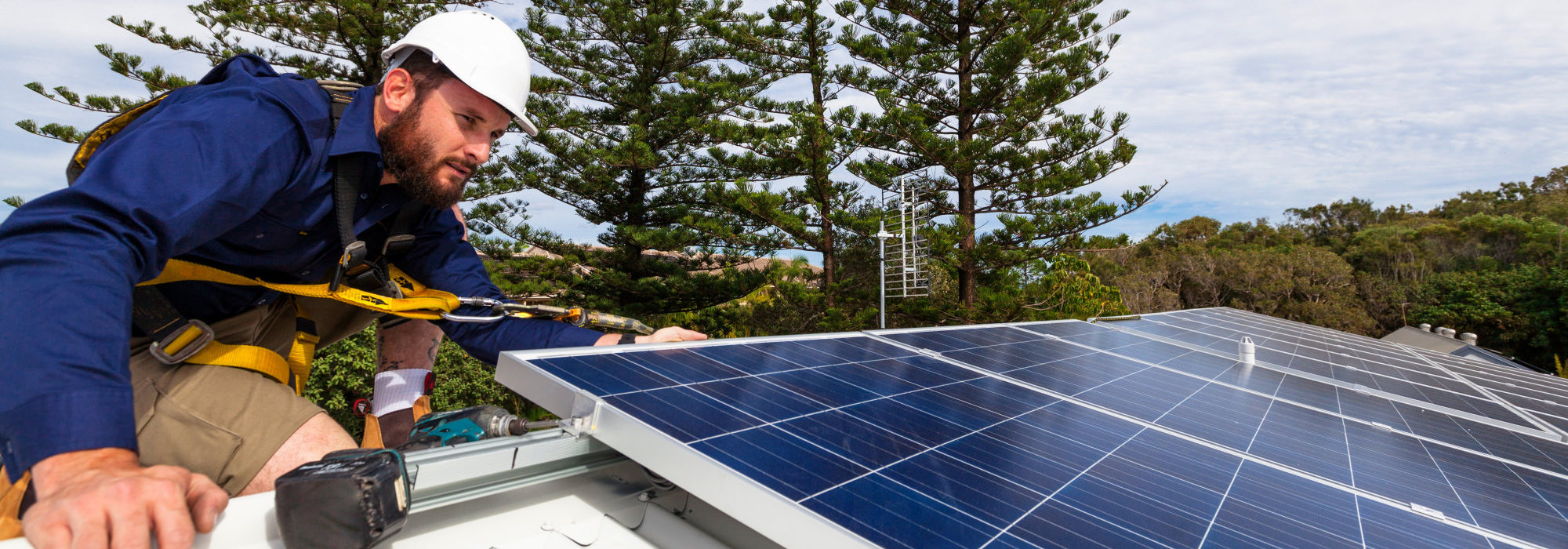 /wp-content/uploads/2021/07/colorado-solar-panel-installation-2000-700.jpg
700
2000
Max Cowles
/wp-content/uploads/2021/06/ecomark-solar-logo-with-panel.png
Max Cowles2021-07-16 16:57:582021-07-21 01:56:43Winter Solar Panel Maintenance Tips
/wp-content/uploads/2021/07/colorado-solar-panel-installation-2000-700.jpg
700
2000
Max Cowles
/wp-content/uploads/2021/06/ecomark-solar-logo-with-panel.png
Max Cowles2021-07-16 16:57:582021-07-21 01:56:43Winter Solar Panel Maintenance Tips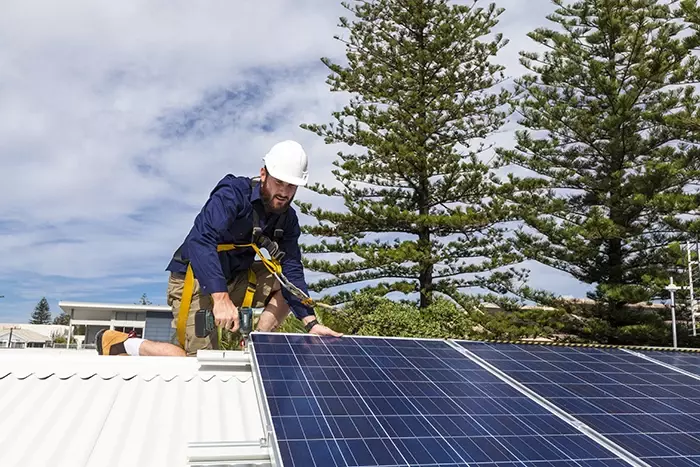 /wp-content/uploads/2021/08/how-solar-panel-installation-works-700x467-1.webp
467
700
Max Cowles
/wp-content/uploads/2021/06/ecomark-solar-logo-with-panel.png
Max Cowles2021-07-16 16:56:042021-08-16 18:48:15What is Net Metering, and How Does it Work?
/wp-content/uploads/2021/08/how-solar-panel-installation-works-700x467-1.webp
467
700
Max Cowles
/wp-content/uploads/2021/06/ecomark-solar-logo-with-panel.png
Max Cowles2021-07-16 16:56:042021-08-16 18:48:15What is Net Metering, and How Does it Work? /wp-content/uploads/2021/07/how-much-does-solar-cost-700467-1.jpg
467
700
Max Cowles
/wp-content/uploads/2021/06/ecomark-solar-logo-with-panel.png
Max Cowles2021-07-16 15:58:452021-07-21 02:30:34What happens when your solar system gets hit by hail?
/wp-content/uploads/2021/07/how-much-does-solar-cost-700467-1.jpg
467
700
Max Cowles
/wp-content/uploads/2021/06/ecomark-solar-logo-with-panel.png
Max Cowles2021-07-16 15:58:452021-07-21 02:30:34What happens when your solar system gets hit by hail?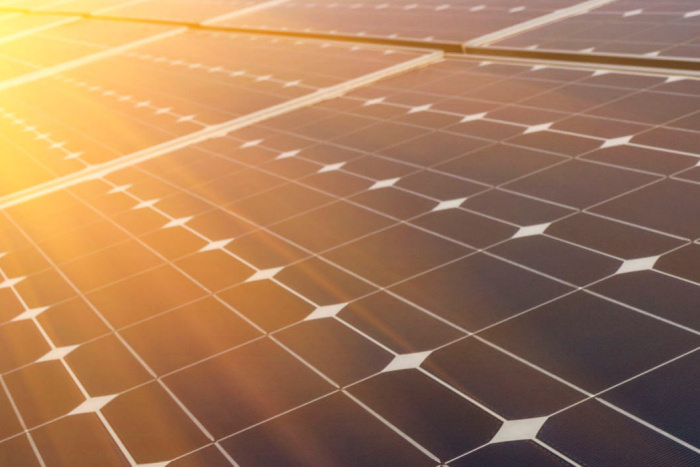 /wp-content/uploads/2021/07/best-solar-panel-installation-products-700467.jpg
467
700
Max Cowles
/wp-content/uploads/2021/06/ecomark-solar-logo-with-panel.png
Max Cowles2021-07-16 15:53:482021-07-21 02:09:17What Are the Financial Incentives for Going Solar?
/wp-content/uploads/2021/07/best-solar-panel-installation-products-700467.jpg
467
700
Max Cowles
/wp-content/uploads/2021/06/ecomark-solar-logo-with-panel.png
Max Cowles2021-07-16 15:53:482021-07-21 02:09:17What Are the Financial Incentives for Going Solar?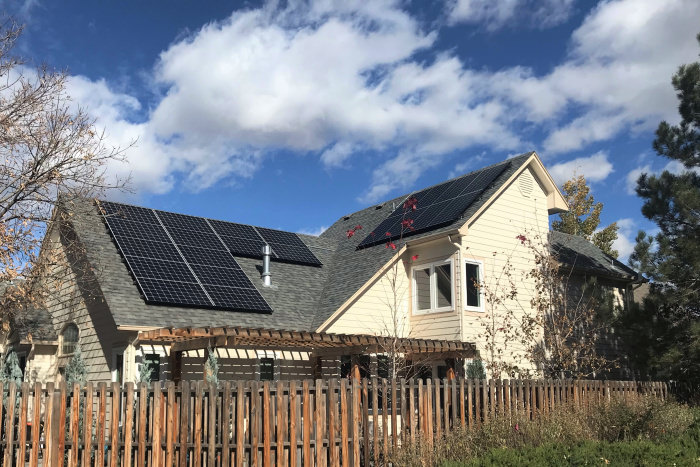 /wp-content/uploads/2021/07/over-3500-installations-in-colorado-700-1.jpg
467
700
Max Cowles
/wp-content/uploads/2021/06/ecomark-solar-logo-with-panel.png
Max Cowles2021-07-16 15:51:492021-07-19 19:42:28What are Micro-Inverters and Optimizers?
/wp-content/uploads/2021/07/over-3500-installations-in-colorado-700-1.jpg
467
700
Max Cowles
/wp-content/uploads/2021/06/ecomark-solar-logo-with-panel.png
Max Cowles2021-07-16 15:51:492021-07-19 19:42:28What are Micro-Inverters and Optimizers?Categories
EcoMark Solar
Corporate Office
4665 Paris Street #300-C
Denver, CO 80239


